SUMMARY
This is AI generated summarization, which may have errors. For context, always refer to the full article.
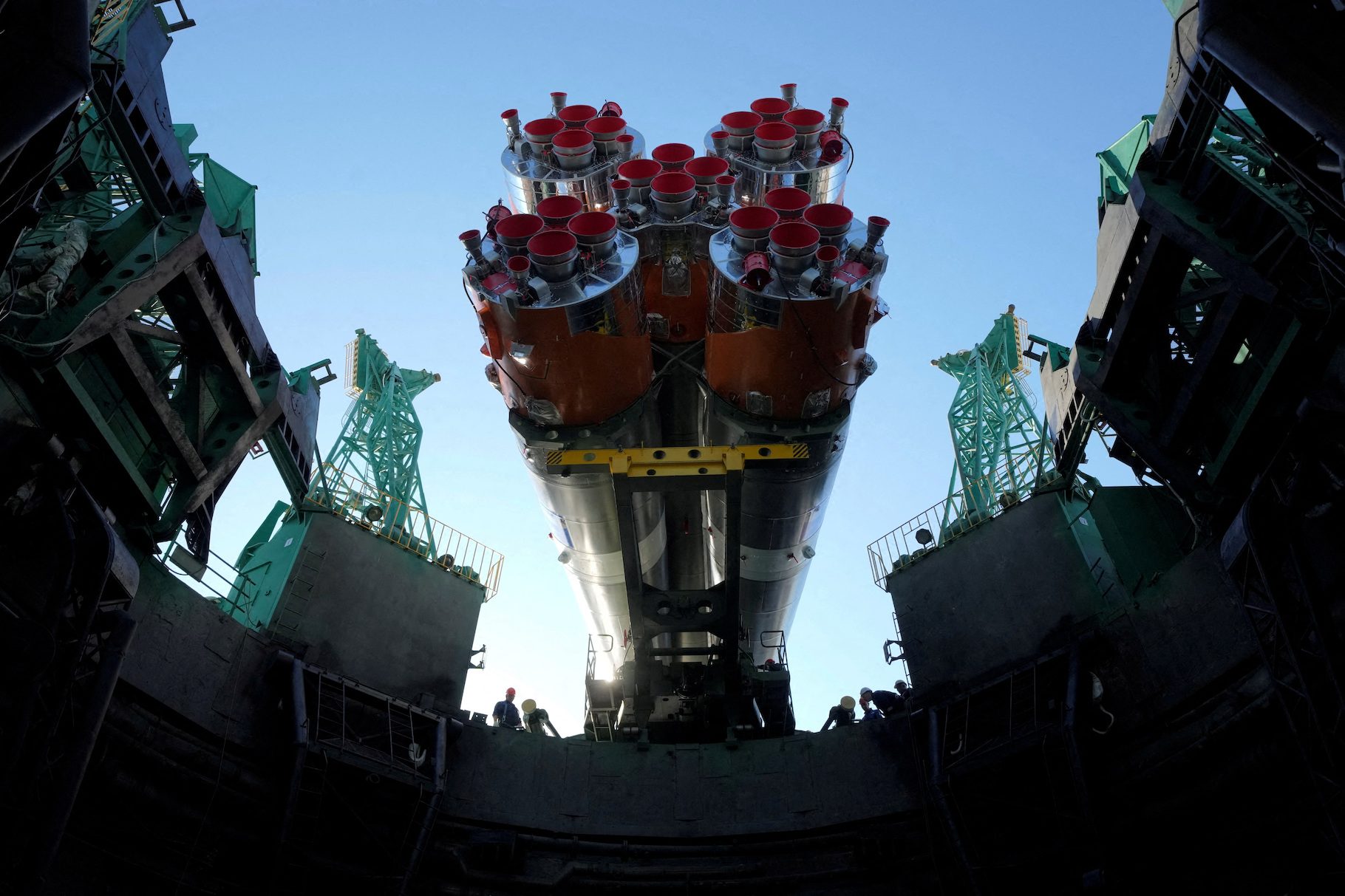
Russia said on Tuesday, February 21, that three astronauts left stranded on the International Space Station (ISS) by a leak on their return capsule last year would land back on Earth in a Soyuz MS-23 replacement capsule in September.
Russian cosmonauts Sergey Prokopyev and Dmitry Petelin and US astronaut Francisco Rubio, who had been due to end their mission in March, were left stuck in space after the cooling system of their Soyuz MS-22 capsule started leaking two months ago.
“(Their return flight) is now scheduled to take place on Soyuz MS-23 in September 2023,” Russian space agency Roscosmos said.
The Soyuz MS-23 replacement capsule will launch on February 24 and will dock with the ISS on February 26, it said. The damaged MS-22 spacecraft is planned to land without a crew in March.
Both NASA and Roscosmos believe last year’s leak on the MS-22 spacecraft was caused by a micrometeoroid – a tiny particle of space rock hitting the capsule at high velocity.
An external impact is also believed to have caused a separate leak earlier this month on the cooling system of the Progress MS-21 cargo ship, which officials deorbited last week.
Both leaks have caused headaches for Roscosmos and NASA, which have had to rearrange their schedules and postpone planned space walks as a result.
“Space missions always carry a huge risk of life-threatening emergencies for astronauts,” Roscosmos said. “Micrometeoroid impacts on a spacecraft or orbital station have happened before, but unlike with the Soyuz MS-22, they have never had such serious consequences.”
“No country in the world has a surveillance system capable of tracking micrometeoroids of this size – about 1 millimeter.”
It said overhauling the Soyuz cooling system would be costly and add weight to the capsule, but that it would take past incidents into account when developing new spacecraft.
– Rappler.com
Add a comment
How does this make you feel?
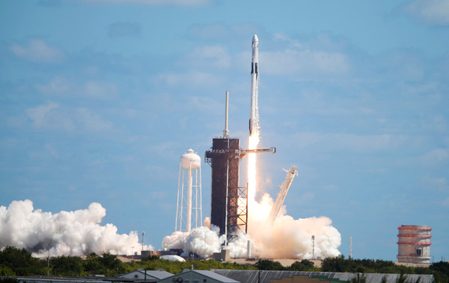
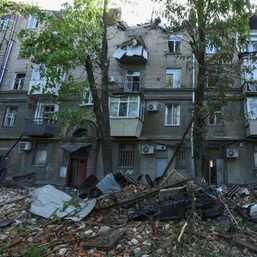

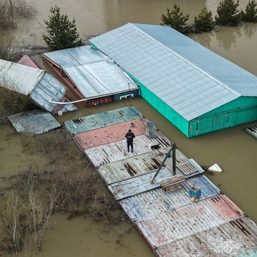


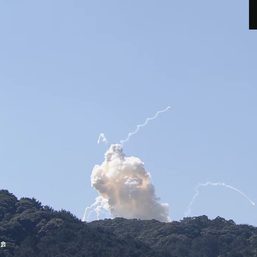
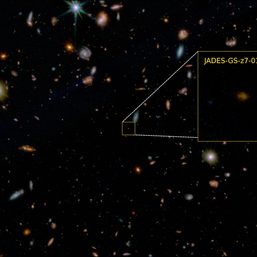
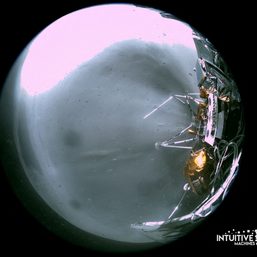
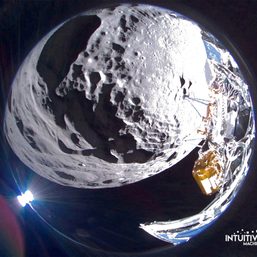
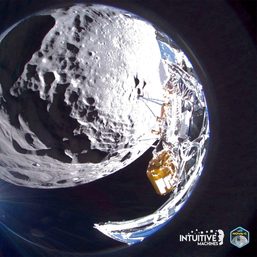

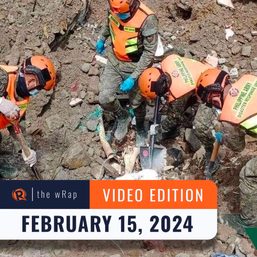
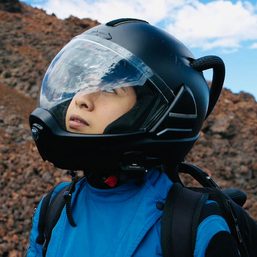
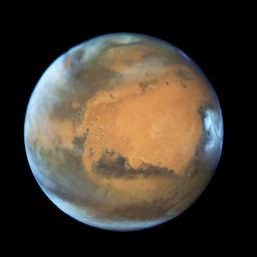
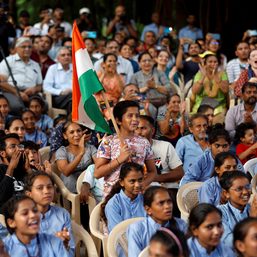
There are no comments yet. Add your comment to start the conversation.